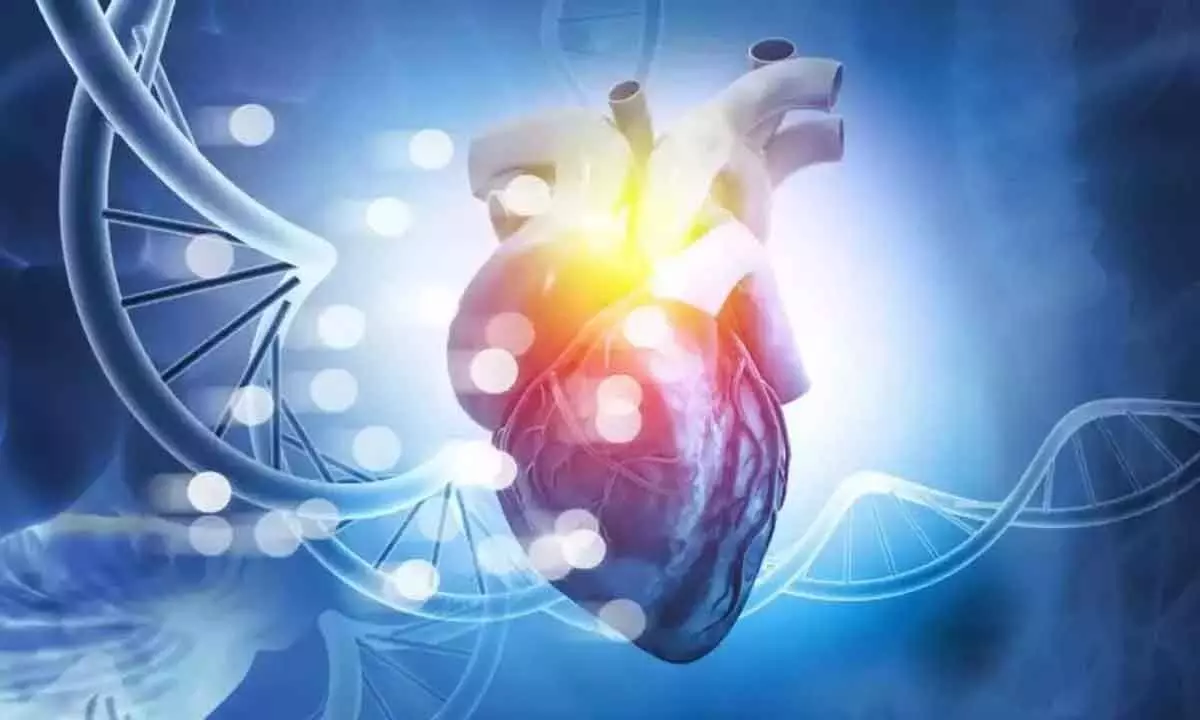Precision cardiology can help tackle CVD burden
It integrates a person’s genetics, lifestyle, and environmental exposures to prevent, diagnose, and treat CVDs, say experts
image for illustrative purpose

India faces unique challenges due to its high CVD burden combined with a diversity of socio-economic conditions and a large rural population. Precision cardiology can serve as a bridge in this gap by delivering customised care and incorporating advanced techniques that cater to the needs of the individual, despite these challenges
New Delhi: Precision cardiology, which integrates genetics and data science, can offer personalised treatment and help India fight the significant burden of cardiovascular disease, said health experts on Tuesday.
The World Health Organization states that cardiovascular diseases (CVD) account for 27 per cent of total deaths in India every year, and 45 per cent of deaths occur in the 40-69 year age group.
“The incidence of heart disease is escalating rapidly due to factors such as sedentary lifestyles, poor dietary habits, tobacco use, excessive alcohol intake, and poor sleep patterns. These behaviours contribute to high blood pressure, elevated cholesterol levels, and the development of diabetes,” Dr. Ziad Ali, Director Interventional & Structural Cardiology, St. Francis Hospital and Heart Center, Roslyn, New York, told. The doctor noted that although preventive steps can be taken, once the condition establishes itself, it necessitates proper management and intervention -- here comes the role of precision cardiology. Precision Cardiology integrates a person’s genetics, lifestyle, and environmental exposures to prevent, diagnose, and treat CVDs, the health experts explained.
“Precision cardiology is an emerging approach that integrates the latest advancements in molecular biology, genetics, and data science with traditional cardiology to deliver highly personalised care tailored to an individual's genetic makeup, lifestyle, and other unique characteristics,” Dr. Ziad said.

